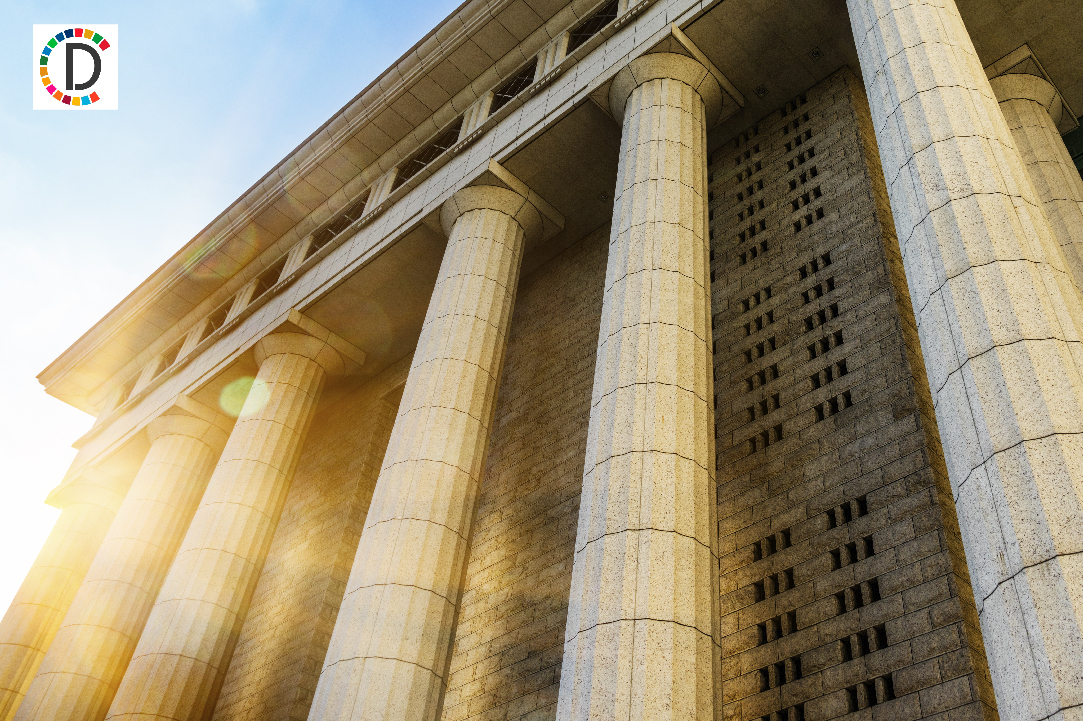Toppling of statues in West prompts reflection in Russia, Ukraine over Soviet monuments
Among those relocated are a statue of Stalin, who sent millions of people to the Gulag, and one of Felix Dzerzhinsky, founder of the Soviet secret police. Arranged in the park next to neat wooden walkways, the statues were collected from across Moscow after 1991, a period when many streets were renamed and symbols of the communist regime dismantled.

- Country:
- Russian Federation
The targeting of colonial-era monuments in some Western nations has prompted activists in Russia and Ukraine to reflect on how their own countries dealt with Soviet-era statues and, in some cases, to ask whether it was good enough.
Protesters have toppled or vandalized statues in the United States, Britain, Belgium, and elsewhere in recent weeks in solidarity with the Black Lives Matter movement against racism and police brutality. Statues to Soviet leaders such as Vladimir Lenin and Josef Stalin became controversial for many after the collapse of the Soviet Union in 1991 because of large-scale human rights abuses committed during decades of Communist rule.
Russia decided to keep many Soviet-era statues in place while relocating the most contentious to a riverside park in Moscow. Among those relocated are a statue of Stalin, who sent millions of people to the Gulag, and one of Felix Dzerzhinsky, founder of the Soviet secret police.
Arranged in the park next to neat wooden walkways, the statues were collected from across Moscow after 1991, a period when many streets were renamed and symbols of the communist regime dismantled. "I think the toppling of the Dzerzhinsky monument was one of the most important things to happen to our country," said Alexandra Polivanova, a researcher at the Memorial human rights centre.
"INCOMPLETE" But with the tomb of Soviet state founder Lenin still retaining pride of place on Moscow's Red Square, and with thousands of Lenin statues still standing across Russia, she believes the process did not go far enough.
"The events of 1991 turned out to be incomplete," Polivanova said. "Unfortunately, crimes have not been properly denounced either at state level nor at the level of society. Decommunisation has not happened." Ukraine has torn down many more Soviet statues than Russia, especially since 2014 when mass street protests in Kyiv drove President Viktor Yanukovich from power.
Remaining Soviet monuments were then targeted for their association with Yanukovich, who had tried to rebuild closer ties with Moscow, recalled Volodymyr Viatrovych, Chairman of Ukraine's Institute of National Remembrance. "People started to discuss the communist past, the crimes of the communist regime and why they should never be repeated," he said. "Especially during the winter of 2014, hundreds of Lenin monuments were toppled as symbols of everything Soviet-related."
A law was later passed banning communist symbols in Ukraine.
(This story has not been edited by Devdiscourse staff and is auto-generated from a syndicated feed.)
ALSO READ
Athletics-Ujah recalled to Britain's relay squad after serving doping ban
Britain to equip ships with lasers to take down drones from 2027
Athletics-Britain's Asher-Smith uses pottery to unwind as she eyes Olympic gold
EU, Britain and Spain to hold more talks on post-Brexit status of Gibraltar
Tennis-Superb Raducanu leads Britain to BJK Cup Finals after win over France










